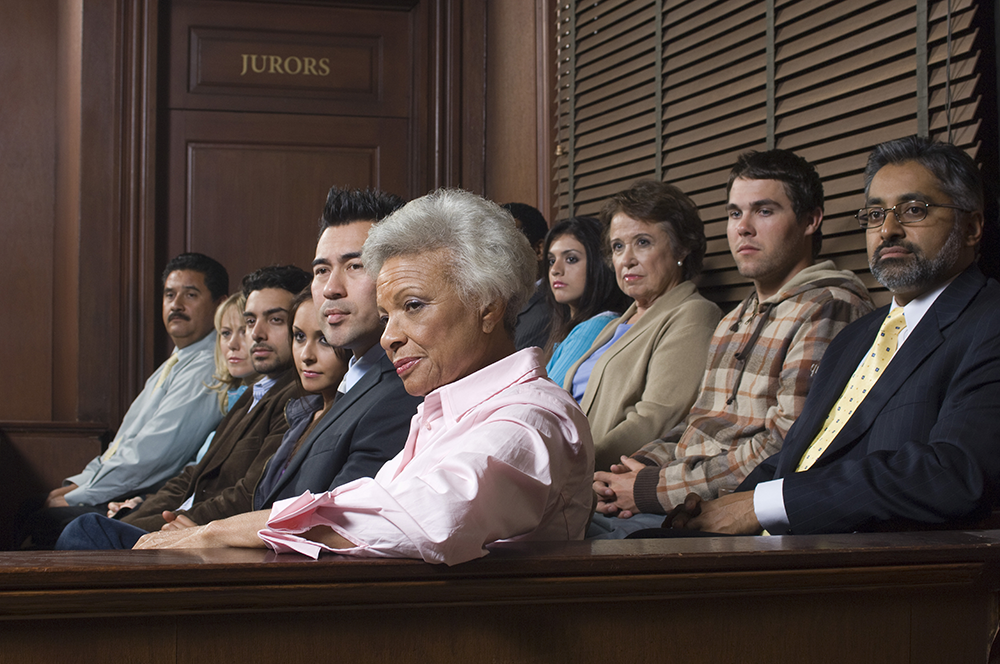If an expert witness is going to testify, their body language needs to be scrutinized just as much as their professional expertise.
It is normal human behavior to become jittery and nervous when put on the spot, however you don’t want this to become an easy way for the opposition to try to unravel the case. The fact of the matter is that body language can sway the outcome or the perceived “expertise” of the individual in question, whether you realize it or not.
From shaking hands to a quivering voice, a red face, or even just an uncertain feeling that results in hesitation, stuttering, and a lot of “um” interjections can call the entire expert testimony into question. Fortunately, witnesses can do some things to prepare themselves, including being more mindful of their body language and what it might mean to someone in the courtroom.
(Related: “Why Good Witnesses Go Bad” featuring litigation strategist Adam Boesen — watch now On-Demand)
Fidgeting is a big no-no. This is too easy to do, in many cases, but it’s also one of the biggest ways that the defense is going to try to discredit your witness. If they are fidgeting, using water drinking to stall, shifting in their seat, playing with their hair, or otherwise not just sitting still, your expert is going to look nervous and cagey, and that’s not going to go over well. Remove all distractions and practice with the expert so that they are comfortable sitting still and professionally while they are on the witness stand.
Body Language Tips – Eye Contact
One of the fundamental must-haves in a good court hearing is eye contact. Eye contact establishes trust and allows people to prove their credibility. If your expert witness is always looking at the ground or won’t make eye contact with the person asking them questions, it could bring their credibility or expertise into question. When your expert gives direct eye contact, they are seen as confident, knowledgeable, and engaging.
Make sure that your expert understands how to convey proper eye contact without overdoing it or making it weird in any way. The only thing worse than no eye contact is an expert that makes things awkward by staring blankly or focusing on the wrong things.
Body Language Tips – Proper Hydration
Dry eyes and a dry mouth are two more enemies to avoid in the world of bad body language. The last thing that you need in court is an expert that’s constantly blinking, coughing, or trying to “wet their whistle” during their interview on the stand. This is going to add to the impression that someone is nervous or unprepared, rather than just the fact that they might be lacking appropriate moisture. In fact, some people see blinking too frequently as a sign of lying, when it might just be that your eyes are dry because of the air in the courtroom.
There are a lot of little things that you have to watch out for when preparing an expert witness. Their body language is something that should be at the top of your list every time and these tips can help you make sure it’s everything that it should be.
(Related: “Why Good Witnesses Go Bad” featuring litigation strategist Adam Boesen — watch now On-Demand)

